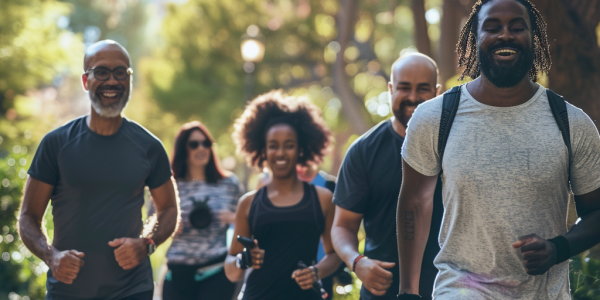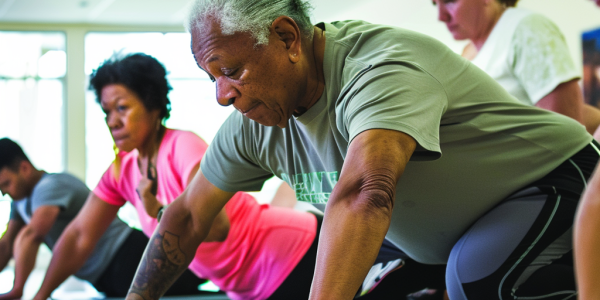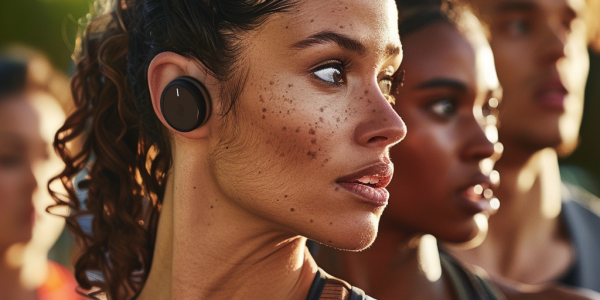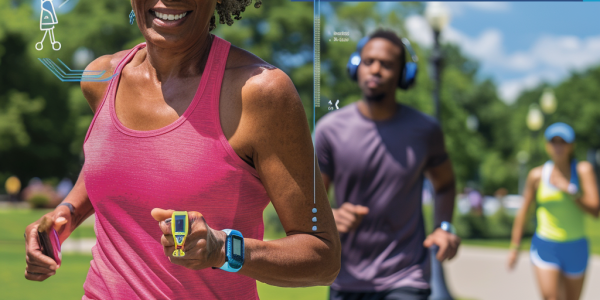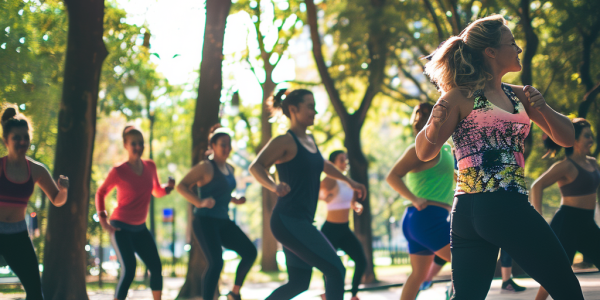7 Practical Strategies to Stay Active in a Busy Schedule
Struggling to find time for exercise? Discover seven practical strategies to incorporate physical activity into your busy schedule. From walking more to turning household chores into workouts, these tips will help you stay active and support your weight loss journey, even in a fast-paced world.
Staying Fit During the Holiday Season: Tips from a University Athlete
As winter approaches, students face the challenge of maintaining health during the holiday season. Junior basketball forward Alex Bruno from the University of Dallas shares essential tips for staying active, including finding enjoyable workouts, teaming up with friends, and prioritizing injury prevention. Embrace these strategies to ensure a healthy and fulfilling holiday break.
Winter Fitness Tips for Staying Active in Colder Months
As winter approaches, maintaining fitness can be challenging for individuals in their 30s and 40s. Discover effective winter fitness tips, including dressing appropriately, embracing indoor workouts, and incorporating low-impact exercises to stay energized and fit throughout the colder months.
Mayo Clinic Reveals Push-Up Benchmarks by Age and Gender
The Mayo Clinic’s recent analysis reveals age and gender-specific push-up benchmarks that serve as indicators of muscular strength and endurance. Starting at age 25, men should aim for 28 push-ups while women target 20. As individuals age, expectations gradually decrease, highlighting the natural changes in fitness. This comprehensive guide emphasizes the importance of incorporating push-ups into workout routines for overall health and fitness.
Choosing the Right Workout Headphones: Tips for Fitness Enthusiasts
Discover how to choose the perfect workout headphones to enhance your fitness routine. Learn about the importance of fit, audio quality, and essential features like battery life and water resistance. Expert tips and insights will help you make an informed decision for a motivating workout experience.
Study Reveals Weekend Warriors Enjoy Same Health Benefits as Daily Exercisers
A recent study reveals that ‘weekend warriors’ can achieve the same health benefits as daily exercisers by meeting the recommended 150 minutes of physical activity per week. This groundbreaking finding empowers those struggling with consistent workout routines, highlighting that the volume of exercise matters more than the frequency. Discover how to prioritize your health with effective fitness gear and personalized workout strategies.
Rethinking the 10,000 Steps a Day Trend: Personalizing Fitness Goals for Better Health
Explore the origins and implications of the 10,000 steps a day trend, originally popularized by Dr. Yoshiro Hatano in Japan. Discover how recent studies reveal the benefits of regular walking for mental health, the importance of personalizing fitness goals, and alternative activities to enhance overall wellbeing. Learn why a consistent routine may be more effective than merely counting steps.
Can a 150-Second Workout Really Transform Your Fitness?
Discover the effectiveness of the new 150-second workout trend that’s taking the fitness world by storm. This quick, high-intensity routine promises to help you achieve your fitness goals in just two and a half minutes. Experts discuss its role in a balanced fitness strategy, emphasizing the importance of combining active exercises with walking for long-term health benefits.
Rucking: The Accessible Fitness Trend Transforming Workouts
Discover the rising trend of rucking, a simple yet effective fitness method that combines walking with a weighted backpack. Ideal for all fitness levels, rucking enhances strength and endurance while fitting seamlessly into busy schedules. Learn how to get started, the health benefits, and the community aspect of this accessible workout.
The Pros and Cons of Wearable Health Technology
Wearable health technology, such as fitness bands and smartwatches, is transforming personal fitness and health monitoring. While these devices offer benefits like sleep management, stress reduction, and early health detection, they also raise concerns about psychological impacts and data accuracy. Understanding both the advantages and potential downsides is essential for users to effectively manage their health with wearable tech.

